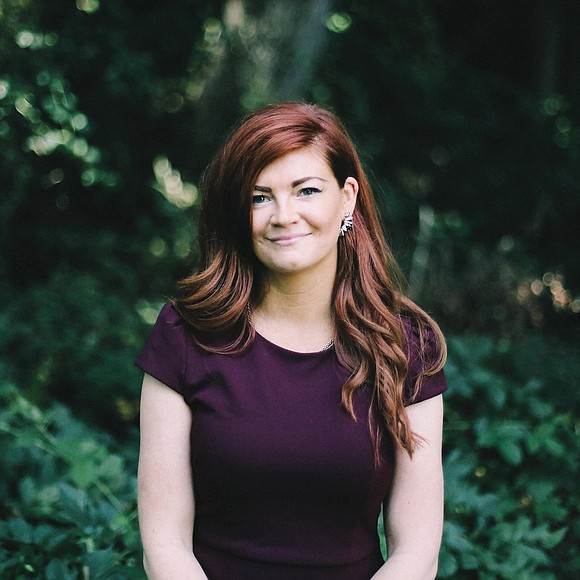City Council wants South Side homeless shelter to remain open temporarily
Jeremy M. Lazarus | 4/14/2022, 6 p.m.
Could there be a spike in homelessness in Richmond?
That’s a significant concern for Richmond City Council as the city’s two government-supported winter shelters for homeless people prepare to shut down. One on North Side is closing Friday and the other on South Side is set to shut down on Friday, April 22.
Anyone staying at the shelters who is not relocated will be on the street. A year-round shelter that Commonwealth Catholic Charities is developing in Shockoe Bottom with city support is still at least six months away from opening.
Fifth District Councilwoman Stephanie A. Lynch and other members of City Council see the closures leaving homeless people in the lurch, particularly parents with young children. Council members are pressing Mayor Levar M. Stoney’s administration to come up with the money to keep at least the South Side operation going through October, when the Commonwealth Catholic Charities shelter could be open.
Estimated cost for the South Side shelter: About $450,000 a month to continue to rent 115 rooms and provide food and other services for those staying there.
During an informal session of City Council on Monday, Ms. Lynch, chair of council’s Education and Human Services Committee, renewed her plea for the administration to keep the South Side shelter open rather than allowing it to shut down as the cold weather recedes.
Along with those who will lose shelter, there are more families “coming down the pike needing to come into shelter. Where will they go?” she asked.
Ms. Lynch, a social worker, said she gets calls almost daily from desperate people living in cars or on the street. She said she is finding that few spaces are available at the nonprofit shelters. “They are full,” she said.
And there are others who could need help, she said, including potentially hun- dreds of families who could face eviction from public housing for failing to pay rent and other residents who are suffering from the rising cost of living,
Council President Cynthia I. Newbille, 7th District, told Sherill Hampton, the city’s director of housing and community development, that the shelter issue “is not a minor matter.” Dr. Newbille said that Ms. Lynch is expressing the sentiments of most of the council members who believe something needs to be done.
Since the start of the pandemic, City Hall has been paying to house homeless people in hotels and motels, mostly using federal CARES Act dollars that are begin- ning to run out.
The city has not proposed to spend any of its new allocation from the American Rescue Plan to support shelter services. Ms. Lynch argues that the goal of ARP was to provide people-helping programs, and that sheltering the homeless and providing emergency aid to families should be key ways the city uses its allocation.
The city does not operate the shelters, but financially supports primarily nonprofit organizations that do, Ms. Hampton said.
Beginning last October, the Richmond operation has included the 115 rooms a night at the Days Inn in South Side and an overflow shelter for single individuals that could handle up to 145 people a night located at the Quality Inn on North Side.
That’s in addition to the 674 short- and longer-term shelter beds that seven area nonprofits operate, including CARITAS, the Daily Planet, Home Again, Housing Families First, Liberation Veteran Services, the Richmond Behavioral Health Authority and the Salvation Army.
According to data that Ms. Hampton provided, the cost of sheltering people at the Days Inn has run $125 a day, including $80 for the room and $45 to provide food, case management and cover other associated costs and staff wages.
Ms. Lynch was to continue to delve into the issue Thursday at her committee’s next meeting.








